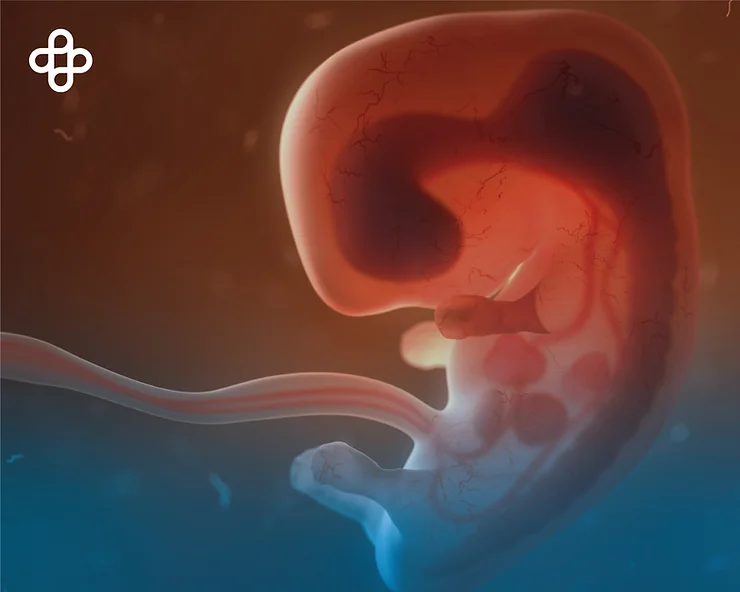Understanding Pneumonia. According to the NIH, “most of the time, our bodies filter the germs from the air we breathe. However, at times, germs such as bacteria, viruses, or fungi can enter our lungs and cause infections.
When these germs invade our lungs, the immune system, which is the body’s natural defense against germs, springs into action. Immune cells attack the germs, leading to inflammation of the air sacs, or alveoli. This inflammation can cause the air sacs to fill with fluid and pus, leading to symptoms of pneumonia.”
A myriad of germs can cause pneumonia. The most common culprits are bacteria, viruses, and fungi present in the air we breathe. Normally, the body prevents these germs from infecting the lungs. However, in some cases, these germs can overpower your immune system, even if you’re generally in good health.
Causes of Pneumonia
Health professionals classify pneumonia based on the germ types causing it and the infection’s point of contraction.
In the Community
This is the most common type. It occurs outside of hospitals or other healthcare facilities. The following factors can cause it:
- Bacteria. The most common cause of bacterial pneumonia in Mexico is Streptococcus pneumonia. This type of pneumonia can occur on its own or after having a cold or the flu. It can affect a part of the lung, a condition called lobular pneumonia.
- Organisms similar to bacteria. Mycoplasma pneumonia can also cause pneumonia. It typically produces milder symptoms than other types of pneumonia. “Walking pneumonia” is an informal name given to this type of pneumonia, which usually isn’t severe enough to require bed rest.
- Fungi. This type of pneumonia is more common in people with chronic health problems or weakened immune systems, and in people who have inhaled large doses of the organisms. The fungi that cause it can be found in soil or bird droppings and vary by geographical location.
- Viruses. Some of the viruses that cause colds and flu can cause pneumonia. Viruses are the most common cause of pneumonia in children under 5 years. Viral pneumonia is usually mild. However, in some cases, it can become very severe.
- COVID-19. The coronavirus 2019 (COVID-19) can cause pneumonia, which can be severe.

In the Hospital
Some people contract pneumonia during a hospital stay for another illness. Hospital-acquired pneumonia can be serious because the bacteria causing it may be more resistant to antibiotics, and because the people who get it are already sick. People who use ventilators, often used in intensive care units, are at higher risk of this type of pneumonia.
In Healthcare Settings
Healthcare-associated pneumonia is a bacterial infection that occurs in people who live in long-term care facilities or who receive care in outpatient clinics, including kidney dialysis centers. Like hospital-acquired pneumonia, healthcare-associated pneumonia can be caused by bacteria more resistant to antibiotics.
By Aspiration
Aspiration pneumonia occurs when food, drink, vomit, or saliva are inhaled into the lungs. Aspiration is more likely if something disrupts the normal gag reflex, such as a brain injury swallowing problem, or the excessive use of alcohol or drugs.
For more in-depth knowledge, we invite you to read our article on What Are Stem Cells?





